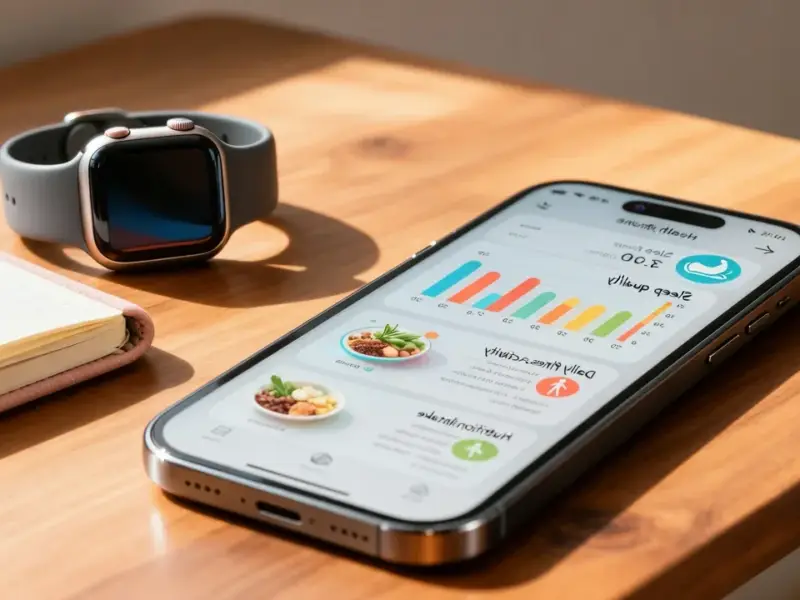According to Fast Company, the healthcare industry is in a major transition period where patients now expect the same convenience, personalization, and transparency from providers that they experience from retailers, banks, and phone apps. This “consumerization” of healthcare is completely redefining what exceptional care means and creating significant opportunities for early AI adopters to build patient loyalty and trust. Today’s patients are more informed than ever with instant access to medical information and provider reviews. They arrive at appointments expecting personalized care that meets their unique needs, and most importantly, they expect doctors to actually listen to their concerns and hear their voices.
<h2 id="consumer-revolution“>The Consumer Revolution Hits Healthcare
Here‘s the thing – we’ve been trained by Amazon, Netflix, and Uber to expect everything to know what we want before we do. And now that expectation has landed squarely in the doctor’s office. Patients aren’t just comparing their healthcare experience to other hospitals anymore. They’re comparing it to their favorite shopping app or food delivery service. That’s a completely different benchmark, and frankly, most healthcare systems aren’t built for that level of convenience.
Think about it: you can track your pizza delivery in real-time, but you might wait weeks for test results. You get personalized movie recommendations, but generic medical advice. This gap is becoming painfully obvious to patients, and they’re not having it anymore.
Where AI Actually Makes Sense
So where does AI fit into all this? Basically, it’s becoming the bridge between what patients expect and what healthcare can realistically deliver. We’re not talking about replacing doctors here – we’re talking about handling the administrative burden and personalization at scale. AI can manage appointment scheduling, provide 24/7 basic medical questions, personalize treatment plans based on individual data, and give patients the transparency they crave about their own care.
The early adopters who get this right are going to clean up. Patient loyalty in healthcare is incredibly valuable – people don’t switch providers easily once they find someone they trust. And in an era where everyone’s competing on quality metrics, the patient experience might become the ultimate differentiator.
The New Patient Reality
Patients walking into appointments today aren’t the passive recipients of care they might have been 20 years ago. They’ve done their research. They’ve read the studies. They’ve compared options. And they’re not afraid to question recommendations or seek second opinions. This is actually a good thing – engaged patients tend to have better outcomes.
But it does change the dynamic completely. Doctors can’t just dictate care anymore. They need to collaborate, explain, and most importantly, listen. The AI tools that facilitate better communication and understanding between providers and patients? Those are the ones that will actually stick around beyond the initial hype cycle.




